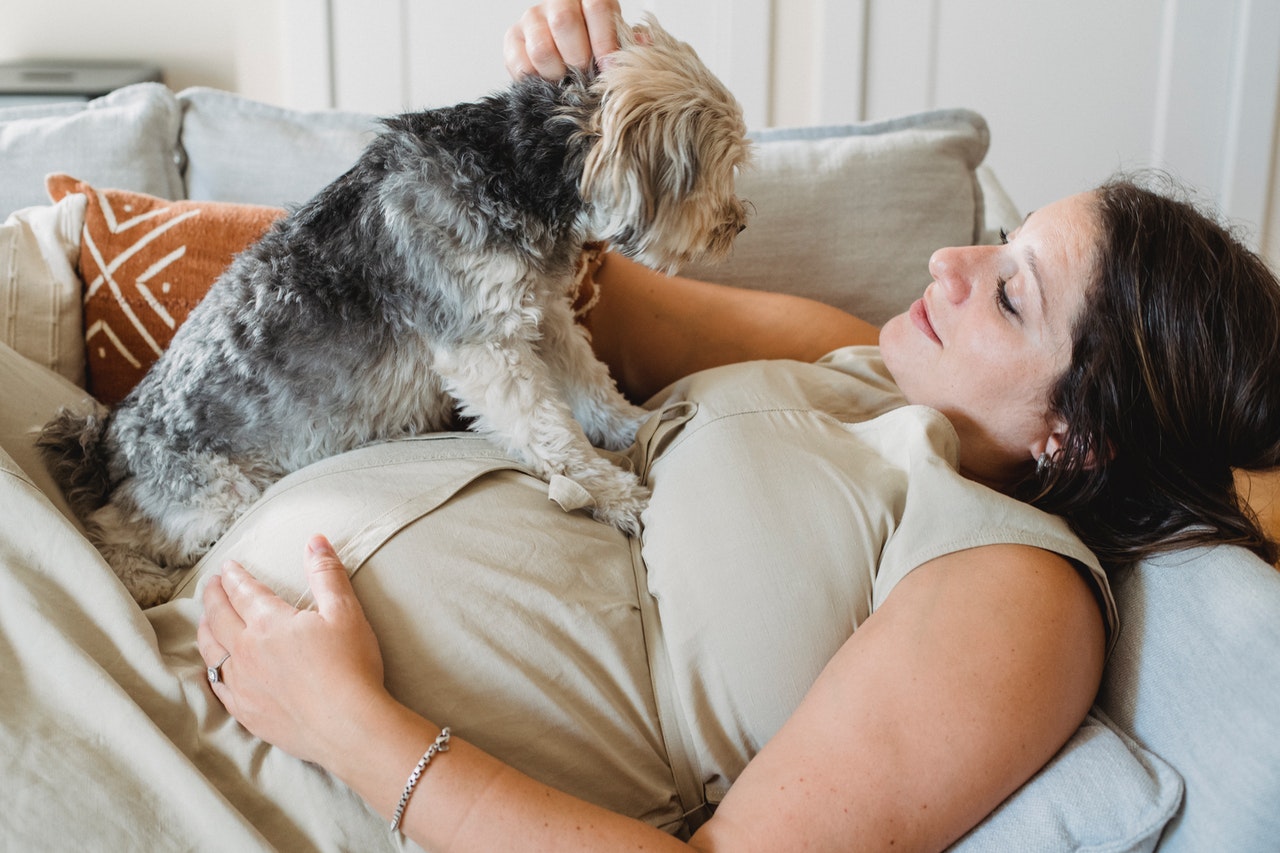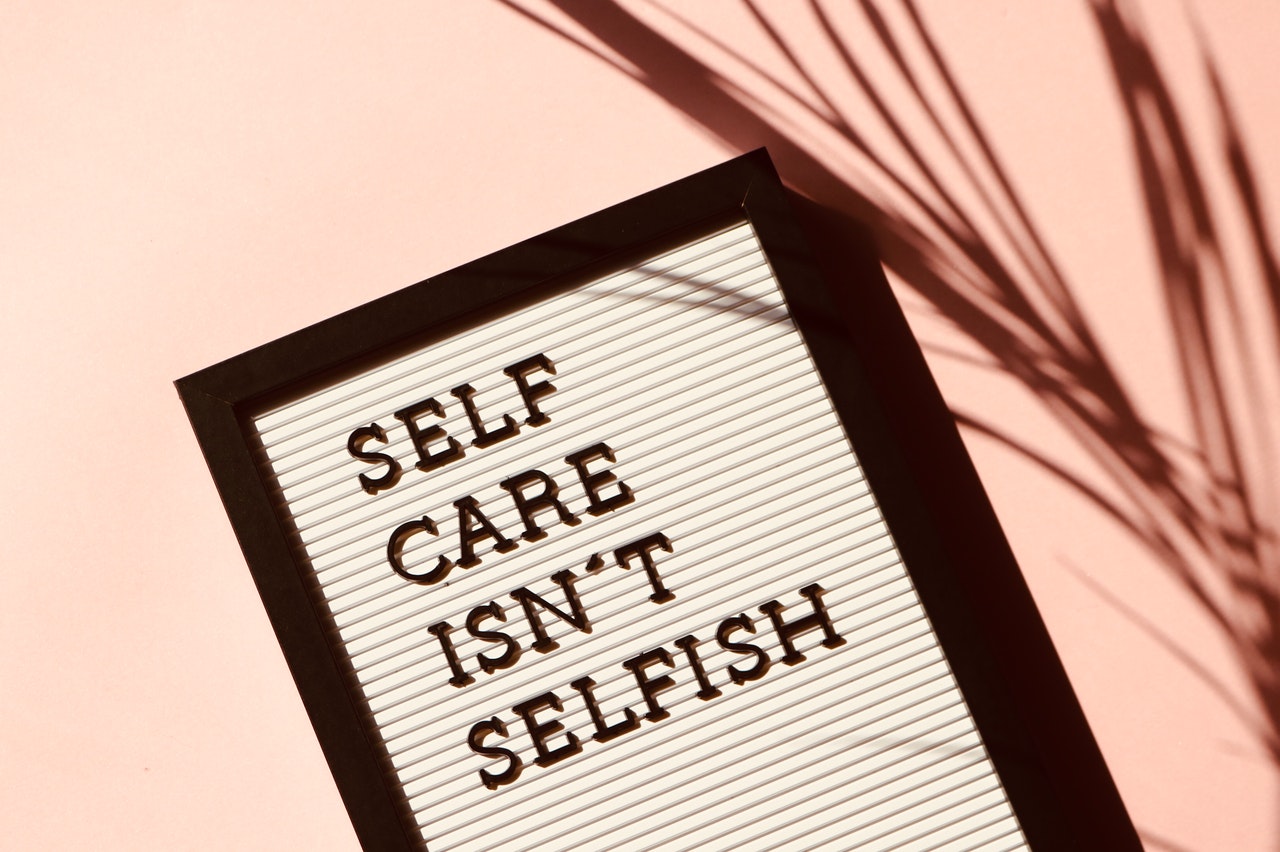After the festive excitement, it’s natural to feel a little glum in January. There’s Blue Monday, plus the weather is rubbish and we’re feeling the pinch from spending at Christmas. So we’ve put together some top tips and resources to help you feel more upbeat...
1: Keep active

Keeping active isn’t just about keeping fit, it helps improve your mental health and exercise releases endorphins. So you don’t have to be training hard or going to the gym to keep active - there are lots of ways to feel the benefits, whatever your level of fitness.
Free Course: Exercise and mental health
2: Eat well

What we eat can affect the way we feel. Eating regularly will help your blood sugar from dipping (which can make you tired and depressed), while eating smaller portions spaced out regularly throughout the day and avoiding foods that are high in sugar can have a positive impact on your mood. Plus don’t forget your five a day!
Free Course: The science of nutrition and healthy eating
3: Cuddle your dog

Cuddling your furry friend (dog, cat, rabbit...) reduces levels of Cortisol, the hormone that is responsible for stress, anxiety and depression. Not got a pet? A human will do... but make sure you know them and have checked they want one first!
4: Drink responsibly

While alcohol can sometimes have a short-term positive impact on our mood, in the long-term it can cause anxiety and depression. There’s a reason why ‘Dry January’ has become so popular, and this course might just help you see and feel the benefits of changing your drinking habits.
Free Course: The science of alcohol
5: Practice self-care

Consciously do things that can improve your mental health. What that looks like will be different for all of us. It could be having a bath, meditating, singing, enjoying a good book, spending time cooking a delicious meal, or just taking time to slow down. Follow these tips and make some time for yourself.
Article: Five tips on how to plan new self-care routines
6: Get some sunlight

Getting some sun increases your serotonin and helps you fight off Seasonal Affective Disorder (SAD). It's all too easy to sit at your desk (be that at home or the office) and watch the day disappear from out the window, so get outside whenever you can, even if just for a few minutes and feel the benefits.
Article: The benefits of outdoor green and blue spaces
7: Set social media boundaries

Studies have found a link between heavy social media use and an increased risk in depression, anxiety, loneliness and self-harm. Take time to notice which accounts have a negative impact on your mood and unfollow them, avoid social media use an hour before bed and when you first wake up in the morning.
Article: How to manage the digital-related stress of technology
8: Sleep well

Sleep is crucial to our wellbeing and experts sugget avoiding watching TV in your bedroom to help you sleep better. You can practice mindfulness or meditation before bed, avoid screens (TVs, phones or tablets) just before bed time, or run yourself a hot bath to help you relax before sliding under that cosy duvet...
Article: There is a biological reason why teenagers struggle to wake up early!
9: Speak with friends

Chatting with friends and family can really perk you up.... the ‘It’s good to talk’ slogan may have been just that, a slogan, but it’s true! Friends help us put our problems into perspective, put a smile on our faces, and even if it’s them that needs your support, that’s a great feeling to be able to help them too.
Article: Why friendships are vital to your wellbeing
10: Seek help when needed

Sometimes, speaking to a friend or family member might not be enough. If you think you’re feeling more than just ‘a bit low’, then don’t ignore the signs - speak to a GP. There’s no shame in asking for help from anyone. Look after yourself, and if that means asking for help, do it.
Article: What can I do about my mental health when I don’t have the support I need?




Rate and Review
Rate this article
Review this article
Log into OpenLearn to leave reviews and join in the conversation.
Article reviews